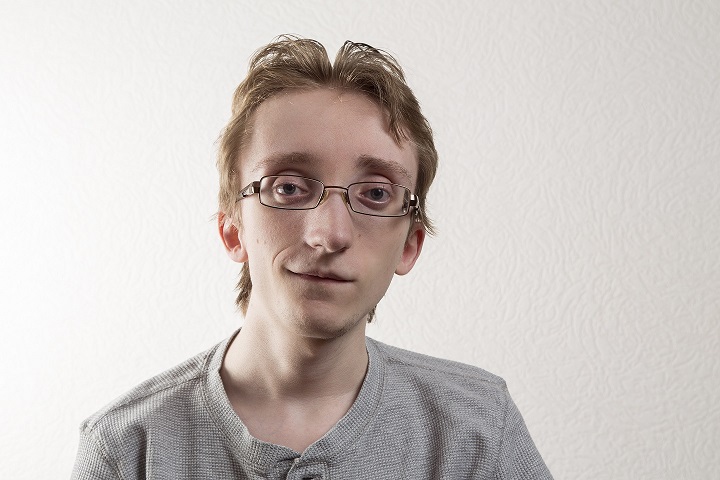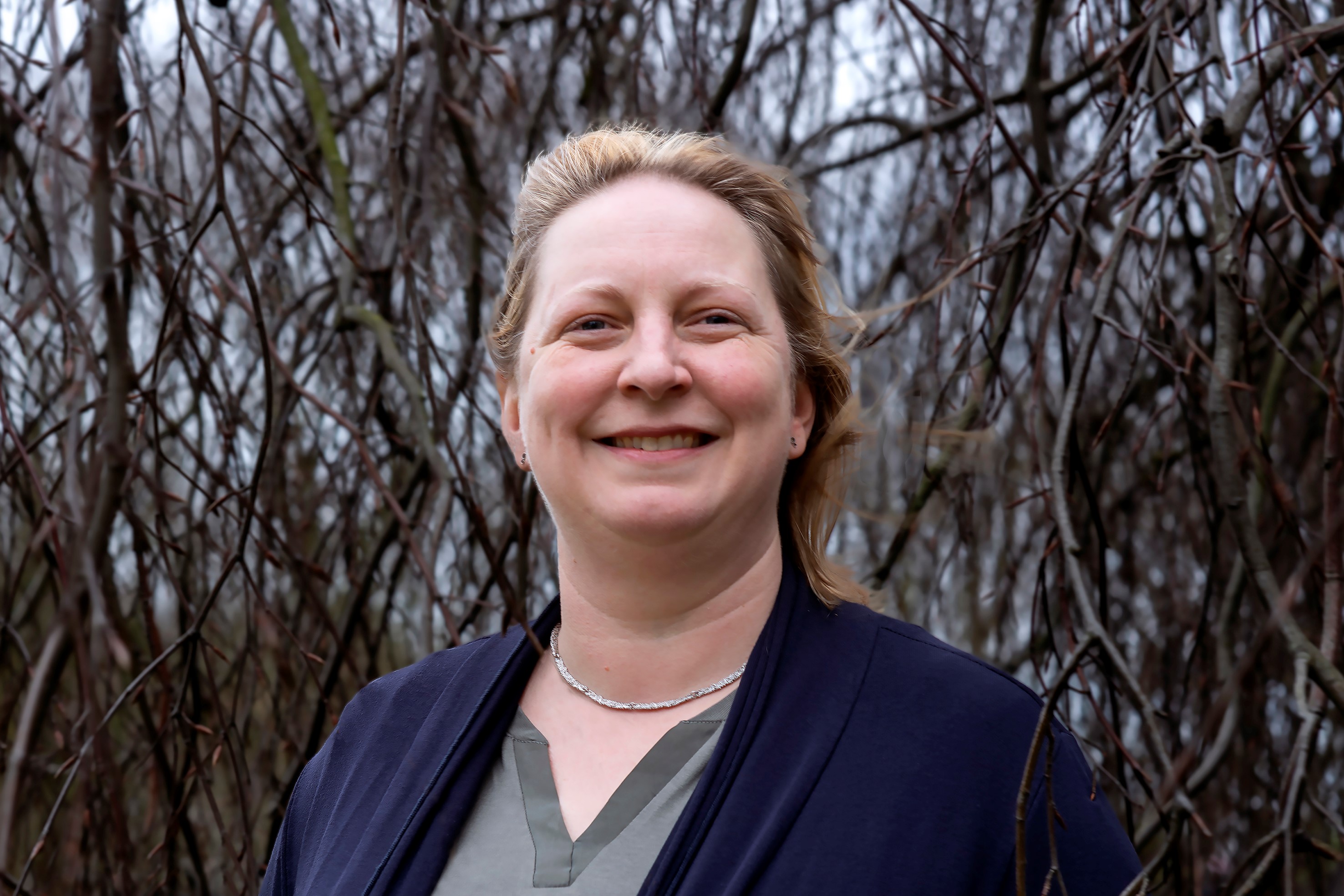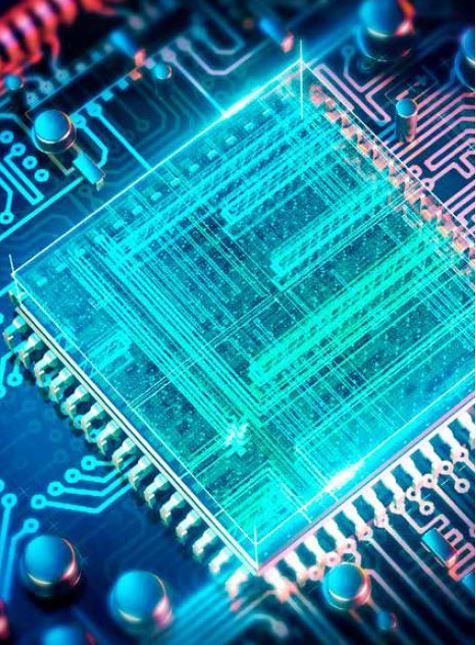UM student of Artificial Intelligence wins multiple awards
Dennis Soemers won the award for the best student paper at the annual IEEE Conference on Computational Intelligence and Games (IEEE CIG). He wrote the paper, ‘Enhancements for real-time Monte Carlo tree search in general video game playing’, together with Chiara Sironi, Torsten Schuster and Mark Winands.
“I’m particularly happy with this award because the conference was attended by experts and researchers with many years of experience”, says Soemers. “As a young researcher who has only recently finished an MSc, it’s nice to see your work recognised in this way. It also provides extra motivation to continue with this kind of work in the future.”
This year’s IEEE CIG conference took place in Santorini, Greece. It is one of the premier international conferences in the field of computational intelligence and games, bringing together leading researchers and practitioners from academia and industry to discuss recent developments and explore future directions in the field. The 2018 conference will be held in Maastricht (https://project.dke.maastrichtuniversity.nl/cig2018/).
Earlier this year, Soemers also won the single-player track with his General Game Playing agent MaasCTS2 bot in the General Video Game AI competition. General Video Game AI is a new research line for the development of programs that can perform not just one but several tasks. The classic chess program, for instance, cannot play draughts. The competition is sponsored by Google DeepMind under the auspices of the IEEE Computational Intelligence Magazine.
“I worked on the software for this competition as part of my master’s thesis. The CIG paper also described the techniques I used. I extended a well-known algorithm, the Monte-Carlo tree search, with a number of existing ideas from the literature as well as some new ideas. Initially I learnt about some of these subjects during the lectures and projects of the Knowledge Engineering bachelor’s and the Artificial Intelligence master’s programme.”
Also read
-
Maastricht University received grants for three of the ten research projects starting in the National Growth Fund program Circular Plastics NL.
-
"I am proud that our new Circular Plastics group published its first completely in-house research," Kim Ragaert says. She founded the research group three years ago, when she moved to Maastricht. Her work has laid the foundations for many innovations in the field of plastic recycling, and she is...
-
Programming quantum computers, like the quantum computer itself, is still in its early stages. Quantum computing researchers tend to be physicists, mathematicians, or computer scientists who have a special interest in the mathematical framework of quantum mechanics.



